|
Today's resource, in itself, is just an acknowledgement of the weird way that laws work. There is a hidden moral to the story, though. This hidden moral is that laws, by their very nature, lend themselves to abuse by interested parties. This article ties-in nicely with yesterday's resource. Monopolies are a product of legislation, not the lack thereof. Here is one example of how such a monopoly can be formed through the use of state violence.
0 Comments
I have been slowly assembling a post about monopolies, as my more economically literate friends tend to fall on monopolies for their reason that anarchy cannot work. This is not the case, for a great many reasons. This article goes into a good explanation for some of them. I know I share a lot of Tom Woods' material, but given that he is so prolific and so right, I can't help it.
I guess I will start with my complaints and then write about why this is likely a valuable resource to some. Radical Unschooling by Dayna Martin suffers from self-publish-itis and was clearly not written with me in mind as the target audience. That aside, I did learn a few things and, for a little more than $10 and 145 large-print and wide margin pages, I'd have to say it was worth it.
Self-publish-itis: there are a handful of grammar and spelling errors that, while not egregious, certainly feel as if they are undermining the message of the book, seeing as how it is about education. Also, the format of the text has many of the issues seen in some self-published works, where some lines will have only two or three words separated by long spaces and similar issues. Target audience: I get the feeling that this book is written to an audience that consists of women with the opposite myers-briggs personality type as what I have that are in a similar situation in life as myself. As such, I found myself frustrated with the content as well as the manner in which the content was presented, finding it to be, well... I don't know a word that conveys the feeling... somewhere around dilettante with a little bit of floozy thrown in. I want everyone to know that this is in reference to the book itself and not Dayna Martin. I've heard her speak publicly, seen her in informal interviews, and heard her as a guest on podcasts. She, herself, is a very intelligent and conscientious individual, it just doesn't come through very well in her book, at least to me. Still Worth It: In reading the book, I have found many useful examples as to how NVC can be applied to a parent-child relationship. It is also very encouraging, in an emotional way, concerning the feasibility of transitioning from a traditional authoritarian parenting style to a more peaceful approach. Also, whereas I can easily speak to other I*T* personalities about the philosophy of unschooling, I now have a resource to direct E*F* personalities towards that may be able to better communicate in their language. Dayna Martin: Back in 2013, Dayna and her family were on wife swap (I hate that show). I very much wanted to post the episode along with this review in order to give a better example of unschooling in action, but the IP mafia has made the video inaccessible everywhere I've looked for it. So, if you have a chance to watch Season 8, episode 4 of Wife Swap, it is the only episode I would ever recommend watching. In lieu of watching her many public appearances or that episode of Wife Swap, this book can be useful. I recommend reading it after reading NVC, so as to have a more concrete understanding about the things discussed in Radical Unschooling. I intend to address education more in the future, but fir now, I think this is a fun and handy guide for advocating home education over state education. It's certainly not the most detailed or comprehensive argument, but it certainly provides a lot to think about and consider.
"As no Jewish person would ever refer to the "Jewish Oxygen Famine of 1939 - 1945", so no Irish person ought ever refer to the Irish Holocaust as a famine."
The history that one is taught in school is a fairy tale of no more or less historical basis than Game of Thrones or Lord of the Rings. Of course, the history that one learns outside of school is not much different. Each and every historical moment is the sum total of millions or billions of people contributing to one little snapshot as well as the sum total of every event that took place beforehand. The best approach, then to any historical event is to find as much information as is available from the time of the actual event, and try to make sense of the accounts, reconciling inconsistencies and committing faith only to that which is both conceptually valid and has sufficient extant evidence. Today's resource, concerning the Irish Holocaust, is a good starting place for learning how to approach history from multiple angles, keeping in mind the conceptual nature of any narrative presented by historians or teachers. This site is a useful tool for the logician, rhetorician, internet sophist, and anyone else interested in either improving their own grasp of logic or demeaning others for their lack of logical acuity. A handy, accessible, and informative introduction to logical fallacies, this site is excellent for remedial logic development, since mainstream schooling has abandoned classical education.
While these little blurbs are useful, they do not fully explore the nature of these fallacies and they focus primarily on the formal (or logical) fallacies as opposed to the innumerable rhetorical fallacies that have been discussed in philosophy, but this is a great starting place for the beginner and a useful tool for the expert to help beginners understand. Disclaimer: People are often tempted to resort to the fallacy fallacy (depicted on this site) when discovering how common fallacious reasoning is in common discourse, discounting anything someone has to say because they were inarticulate in their expression of an idea. This is especially prevalent in liberal circles, where one is trained in the course of liberal arts education to do so (ad hominem, I know). Just try not to be "that guy" when you're out there battling for Truth. Five days late, I have another daily resource suggestion. I have a huge original content post that I've been working on all month, and life has really gotten ahead of me, but we will have some OC within the week, I promise. lol Today's suggestion is more of a tool, one which I will likely be posting specific resources from in the future. Formerly Books Should be Free, the site is now Loyal Books. This site is dedicated to spreading knowledge by way of making all books whose copyright protections have lapsed freely available to all. For the most part, they are available in audiobook form, primarily through Librivox. This has been a great resource for me, making audiobooks free so that I can listen to them while driving or working without paying more than the book costs for an audible subscription or comparable service.
Admittedly, because they are the "public domain" books, most of the books written in the last century are not available. However, One can still get a primer in philosophy, reading/listening to primary sources and anarchy with Lysander Spooner. I technically posted this as a resource suggestion in a post on the main blog a while back, but I thought it deserved "Daily Resource Suggestion status. I'm speaking, of course, about Existential Comics
To someone with even a loose grasp of philosophy, it is hilarious. For those that are lacking in philosophical education, this comic provides an excellent "starting place" for learning more. With explanations of the jokes and rich philosophical discourse, it will undoubtedly enrich the lives of those attempting to improve their mental faculties. Please, donate to their patreon, because the work they do really does make the world a better place. https://www.patreon.com/ExistentialComics You can also visit the new "Support This Site" page on my own blog and help this project along.
While some of this discussion my be a little outside the comprehension of someone who hasn't been involved or interested in the cryptocurrency space, I think Episode 211 of Let's Talk Bitcoin has something to offer even the people outside the space with regards to the ideals of DAPS and how they apply to economics and technology.
No real post today, I was too busy doing mother's day stuff and being furious at the wholly criminal kidnap and abuse of a family in Kentucky. Instead, I bring you a very pretty picture and thought-provoking thought from Henry David Thoreau: You can buy Walden here at an affordable price. The book is a fun and poetic exploration of living authentically, even if the philosophical underpinnings are a little haphazard.
|
Archives
October 2015
Categories
All
|


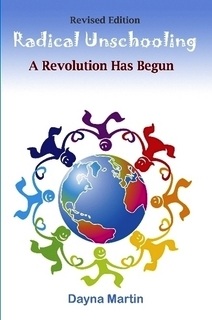

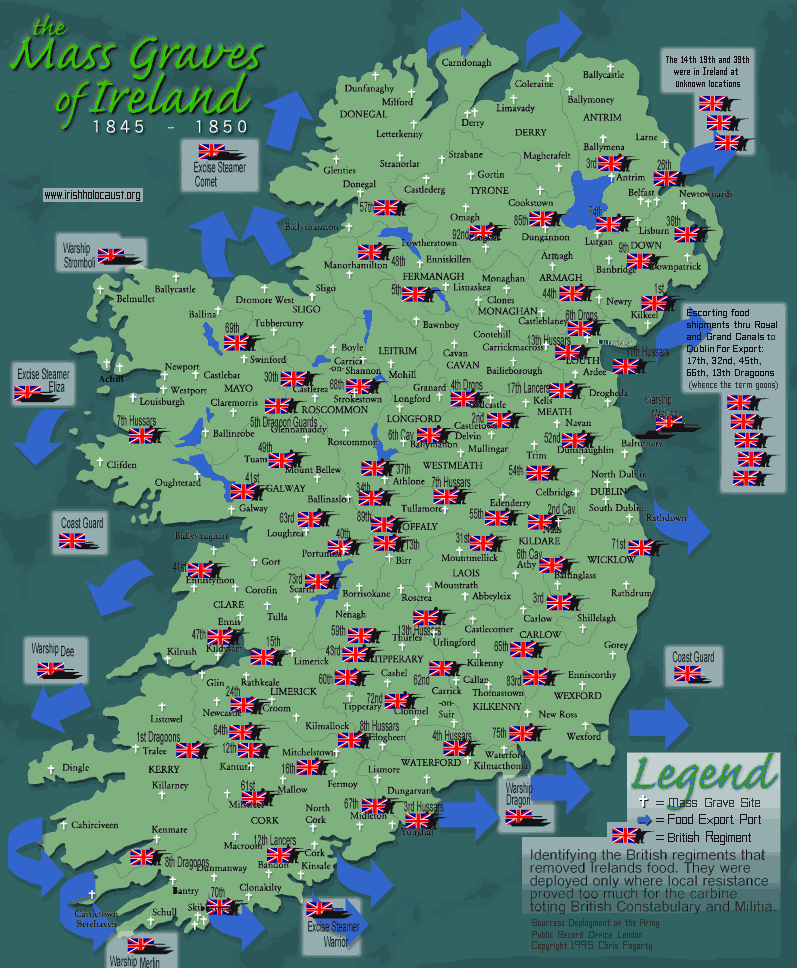
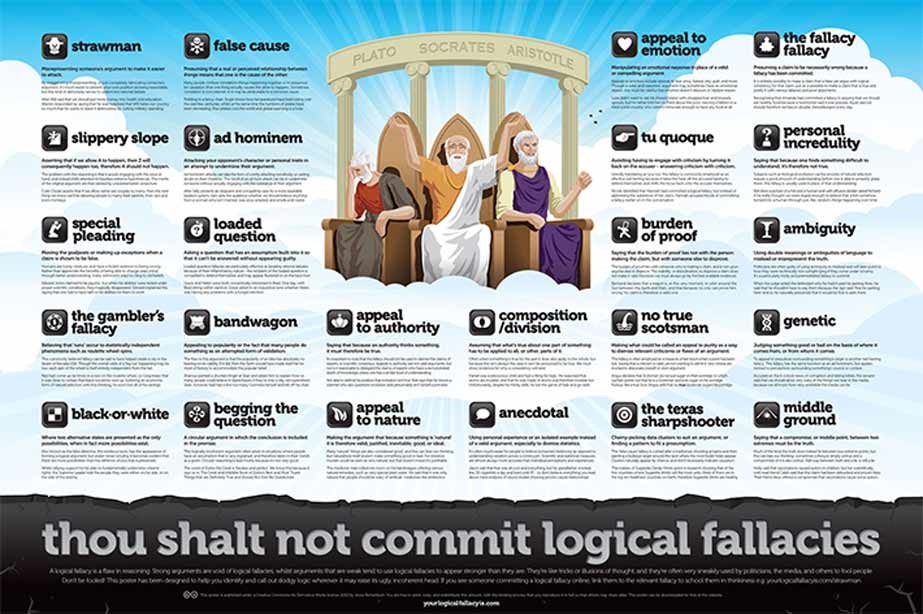

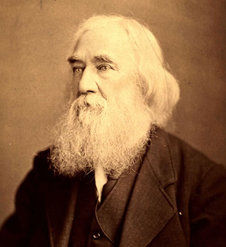
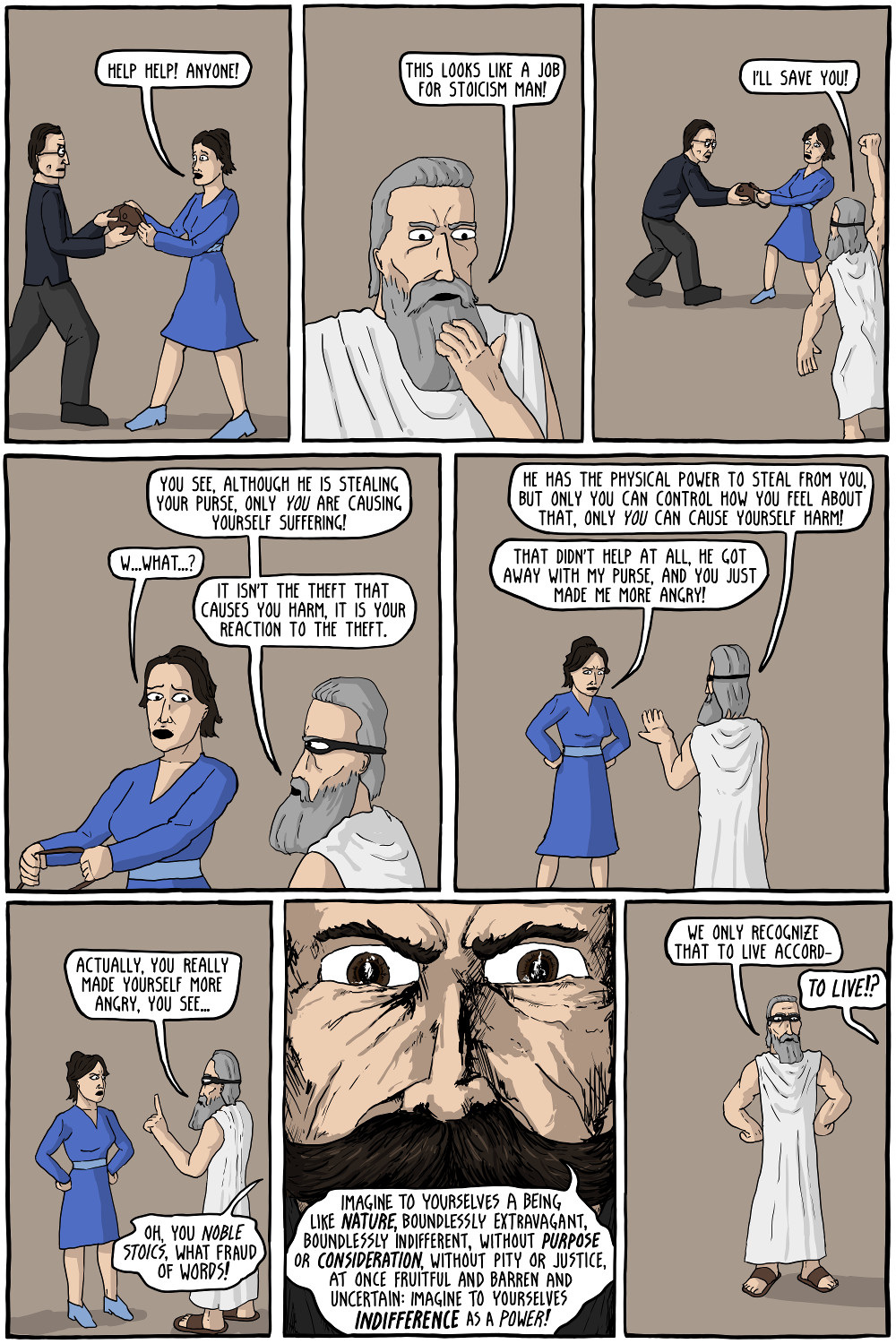


 RSS Feed
RSS Feed
